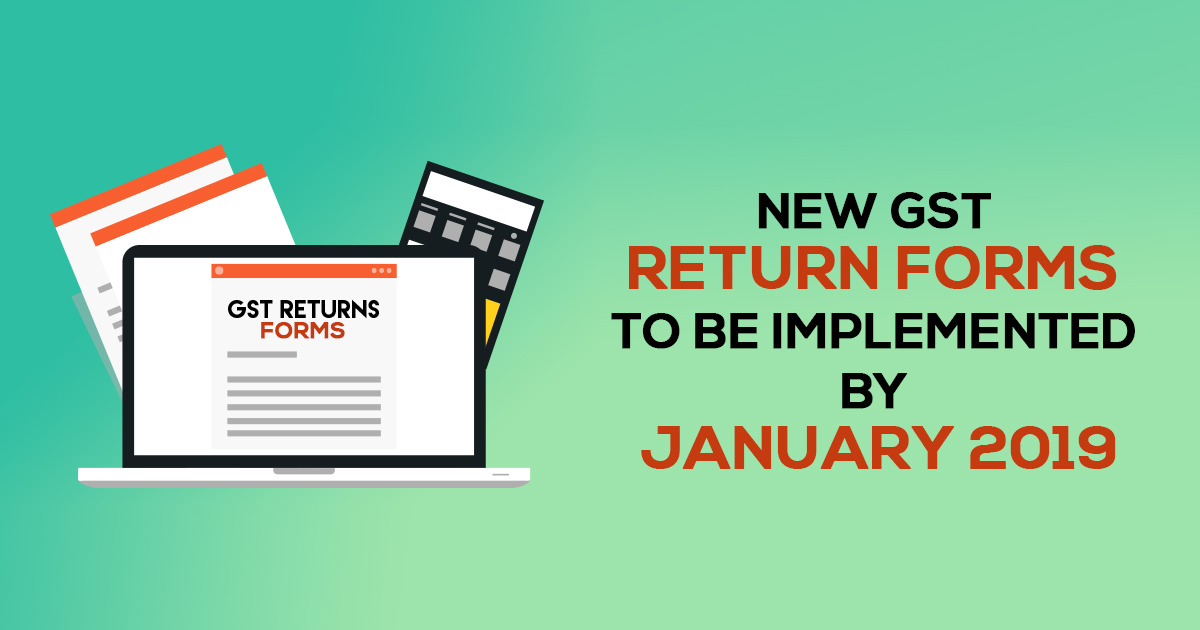The new/updated return filing form, which is based on the suggestions and recommendations for making the GST return filing process easier for taxpayers, already got its approval from the GST Council last week. The new return filing system is expected to be put in place by the revenue department by January next year and would actively replace the current GSTR-3B and GSTR-1 returns.
The Council is likely to release the drafts of the new GST return forms by coming Monday to allow stakeholders to review them and provide their consent, said a revenue officer.
Among the many changes made in the new return filing system, one is in the favour of ‘nil’ filers, who will be able to file their quarterly returns by sending an SMS from registered numbers. Nil GST filers are the ones who don’t have any taxable purchase or transactions within a particular quarter. The new return form will also allow taxpayers to make amendments in old returns till September next year.
While addressing a CII industry meeting, GST Commissioner Upender Gupta said, “A new return system has been approved by the GST Council wherein the nil filers where there is no supply or purchase in a quarter, the return can be filed by sending an SMS.”
Read Also: Free Download Trial of Gen GST Software for Easy Return Filing, E Way Bill & Billing
“We will put the new return filing format in public domain by Monday. Industry can send their comments on the form for one month. Your feedback will help further improve the system,” he added.
The improved return filing system in draft version is expected to be put in public domain by this Monday so that experts can send their comments and reviews on it within a month.
Apart from the return filing forms, the GST Council has also recently decided to make a number of amendments to the GST law, which will be submitted to Parliament for consideration in the ongoing session. Following that the amended GST law will be affected once it is passed by the state legislatures.
Among the amendments, one is to increase the composition scheme eligibility limit from current Rs 1 crore to Rs 1.5 crore. However, the Council might still consider the decision of when and how the threshold limit is increased.
Other amendments include changes in reverse charge mechanism, registration cancellation, separate GST registration for different business verticals of a company, new return filing forms, etc.
